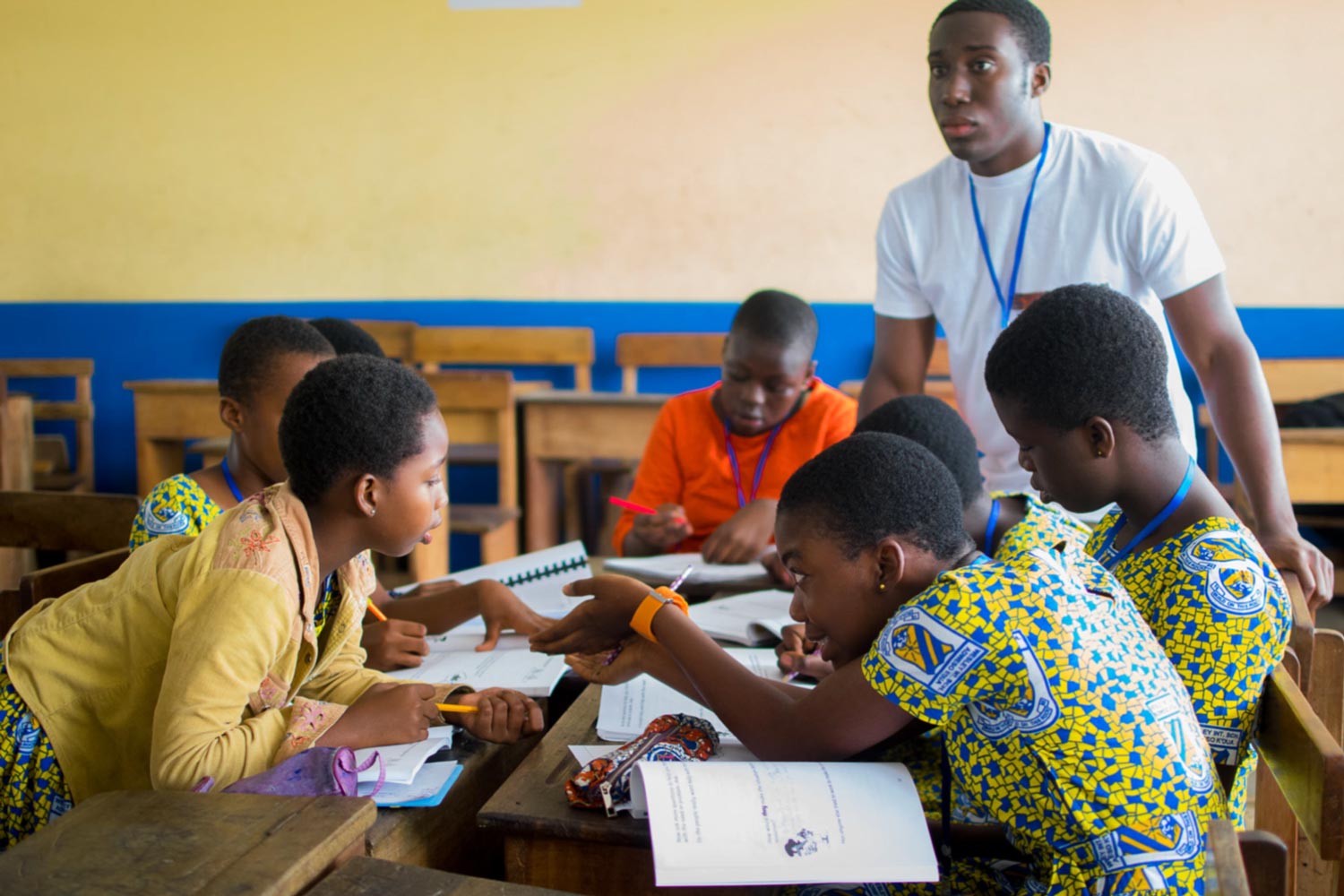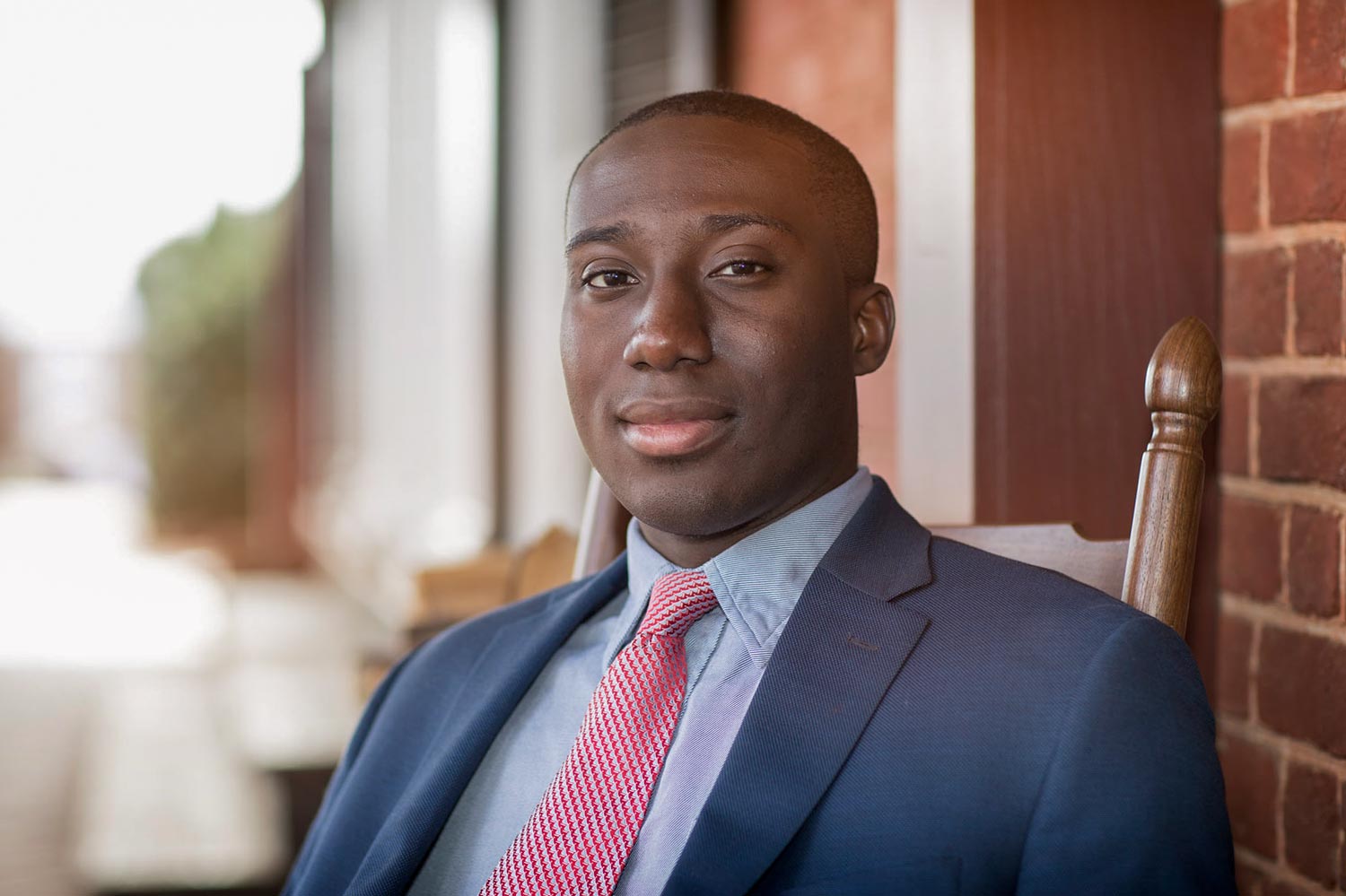If Ted Obi has his way, the taxed healthcare system in rural Ghana will be streamlined by a telemedicine program conceived at the University of Virginia.
The fourth-year student traveled to Koforidua, a rural community in Ghana, last summer with a team of UVA students. Funded by the Center for Global Health and the Parents Fund, Obi and the group, with project leader Emmanual Abebrese, a third-year UVA medical student, spent seven weeks in Ghana.
“Our research objective was to assess the feasibility of establishing a telemedicine platform in Koforidua, Ghana,” Obi said. “Telemedicine is the remote diagnosis of patients with the use of telecommunication technology like Facetime.” While not a new concept, this specialized version of telemedicine would be unique to Ghana.
There is a shortage of doctors in the West African country because many leave the country for better paying jobs. Because of this, patients are often faced with the difficult decision of waiting long hours to get health care or delaying treatment so they can continue to work and earn money for their families.
Obi, who is in the psychology distinguished majors program, and his partners spent two weeks at a regional hospital, where they spoke with patients outside a waiting room.
“I asked questions ranging from their daily activities to whether or not they believe telemedicine would be feasible and beneficial to their lives,” he said. “You can’t just bring a new system into a country and expect it to work.”

When not working on the telemedicine project, Ted Obi, the son of parents who emigrated from Nigeria, taught entrepreneurship skills to students at Wesley International School in Ghana. (Photo contributed by Ted Obi)
The UVA students also talked with health professionals to see what they thought about using telemedicine and visited markets to get shoppers’ sense of the concept. “We asked what their normal day was like. How do you seek healthcare? Why would you wait to seek healthcare?” Obi said.
A group of local nursing students helped the UVA students properly frame the questions.
Where would patients go instead of a hospital if they had to wait a long time? What are some things that deter patients from seeking healthcare?
Six out of 10 respondents said the main challenges they face are transportation costs and wait times. That detail gave Obi and his team the information they needed to put together a pilot program. The solution is deceptively simple: connect patients to virtual doctors and cut wait times by providing appointments.

Which brings Obi to the next phase of this project: fundraising. His group has entered several entrepreneurial competitions to fund their startup costs, which include buying and building a “Better Shelter,” a housing structure designed to last for at least three years that would provide patients a location for their doctor appointments.
Obi, who grew up in Texas, has had some success, winning $1,000 in the concept competition of the UVA Entrepreneurship Cup.
If the team manages to raise enough money, Obi will go back to Ghana following graduation in May to launch the pilot, delaying medical school. When a second-year student, he was admitted to an early assurance medical school program at the Icahn School of Medicine at Mount Sinai.
Media Contact
Article Information
February 20, 2018
/content/uva-student-aims-pursue-medicine-both-sides-atlantic

